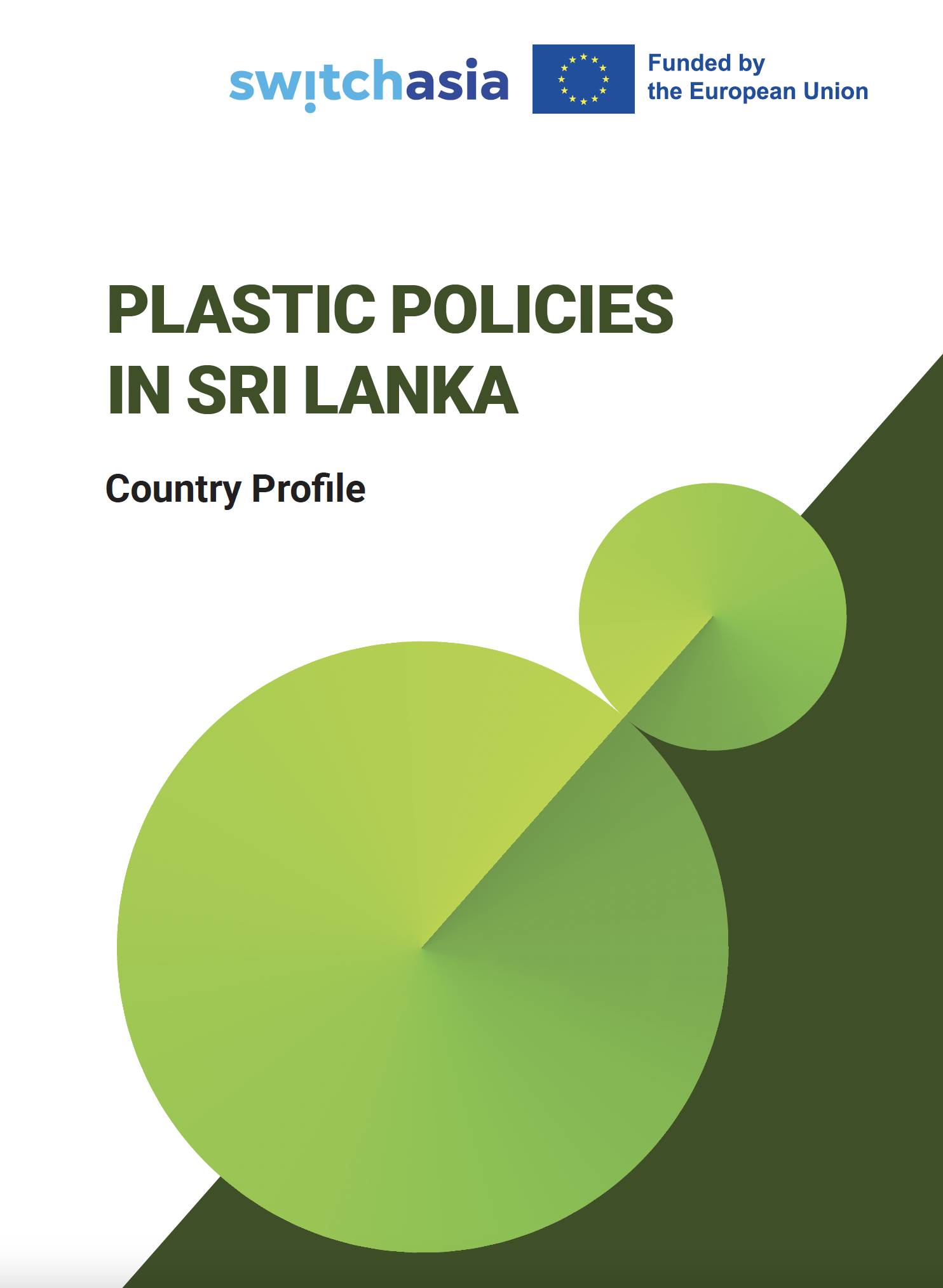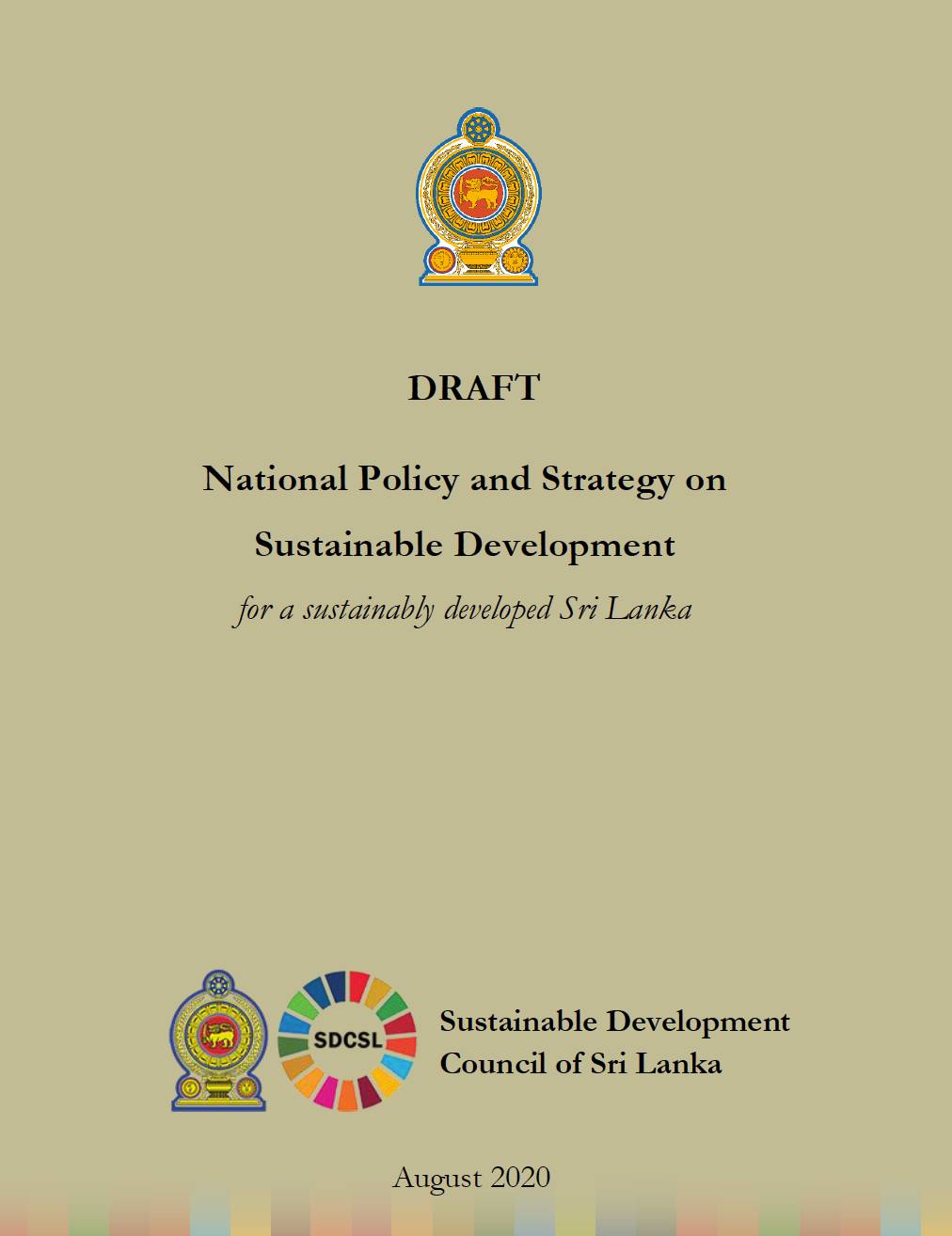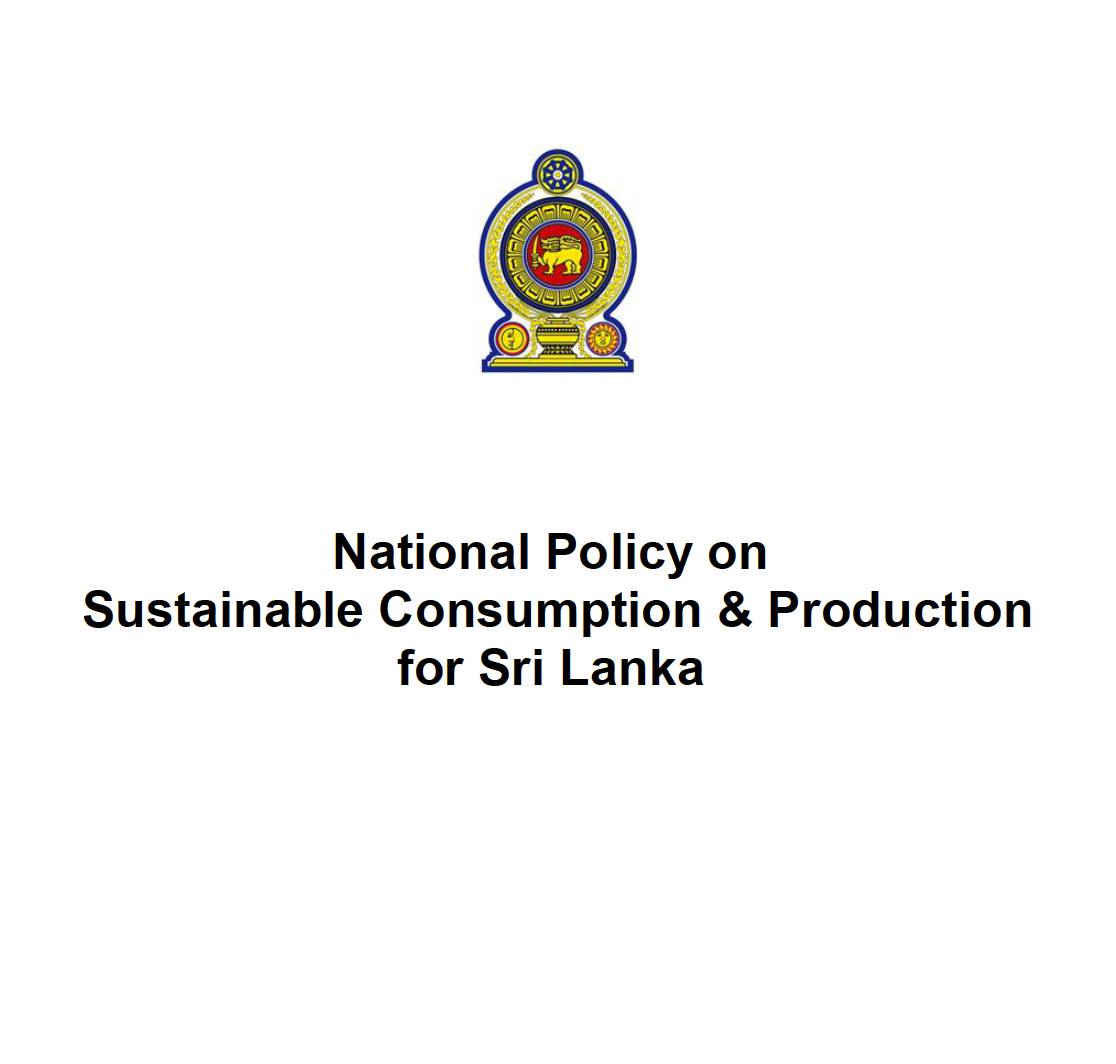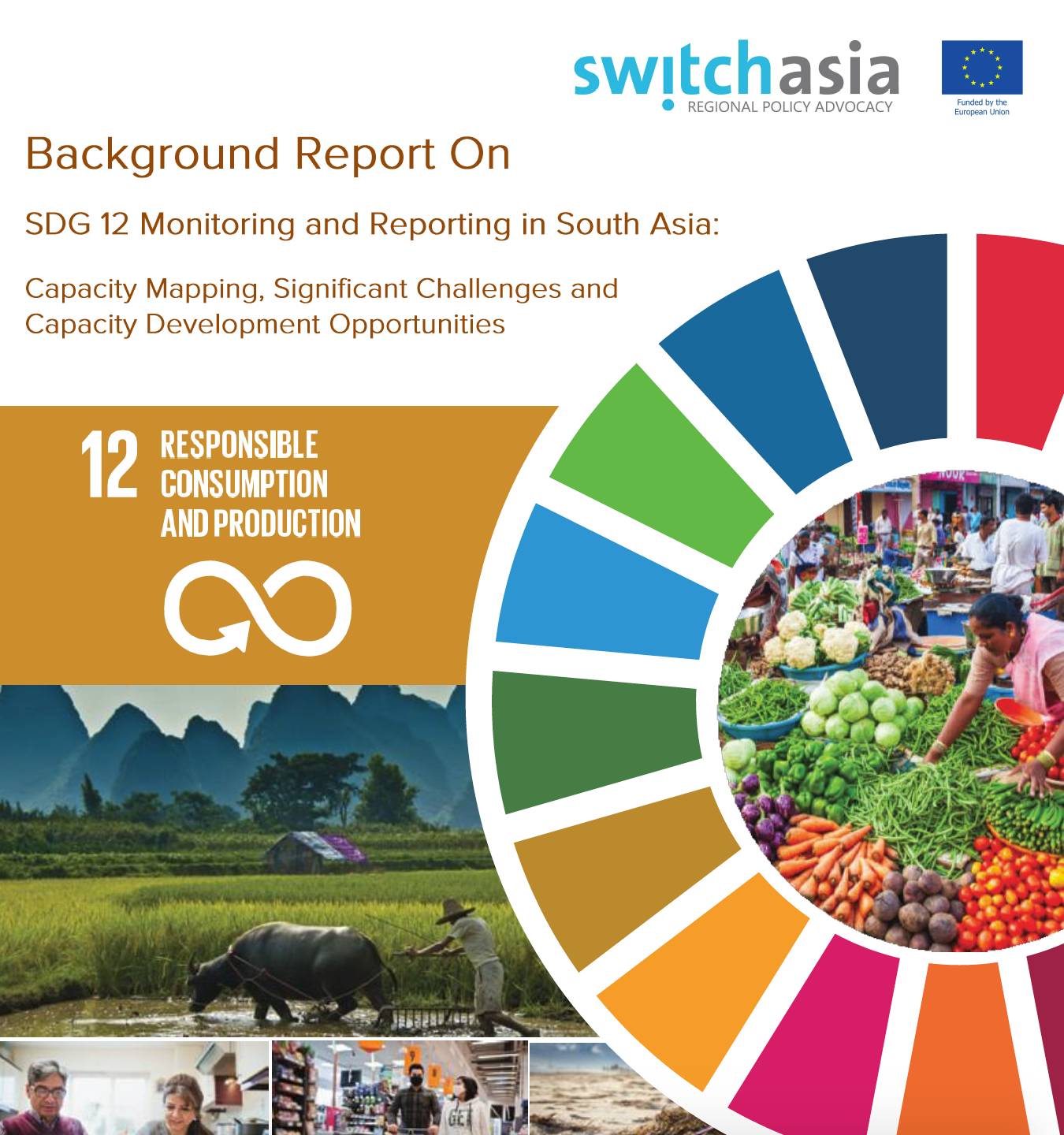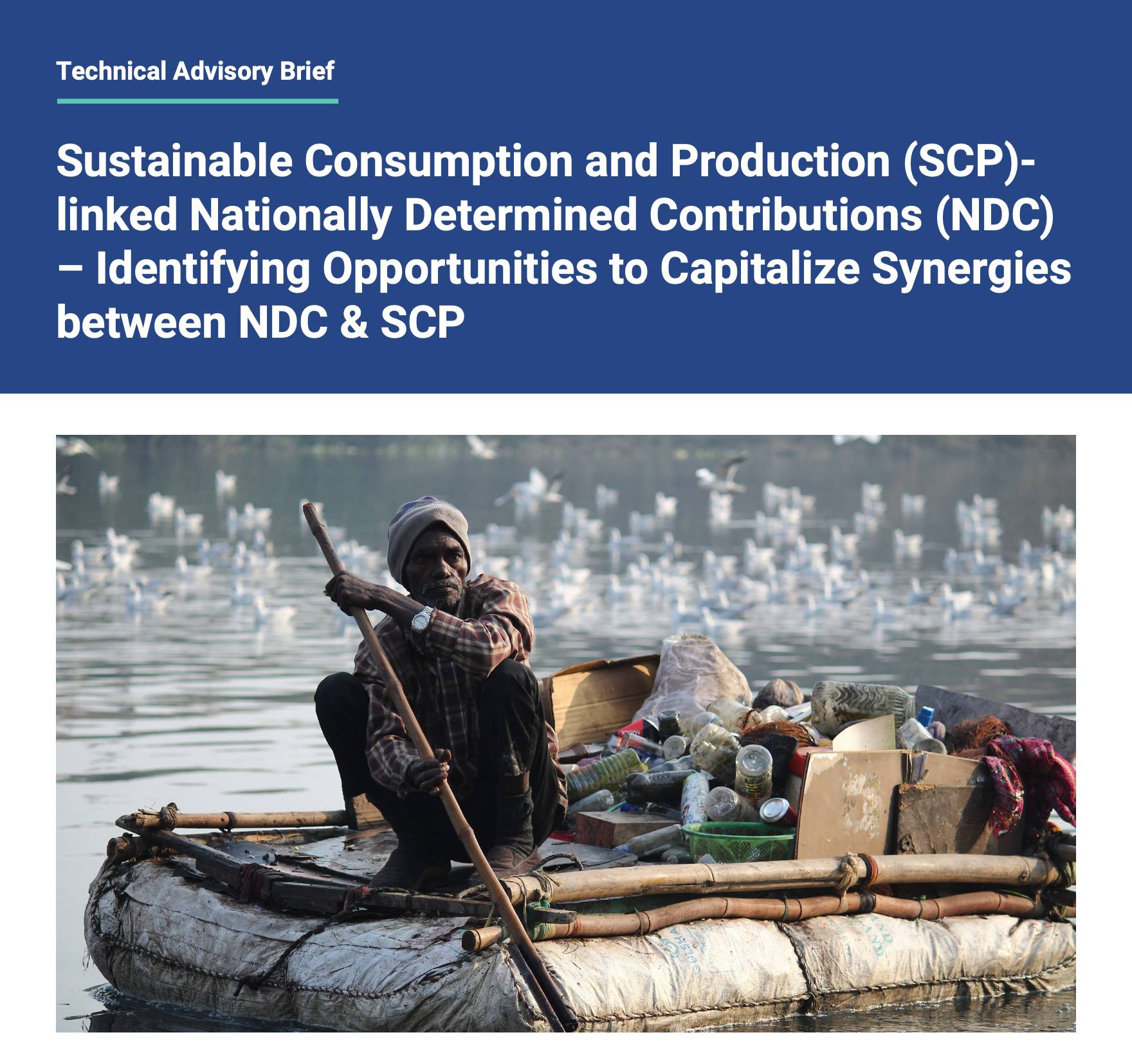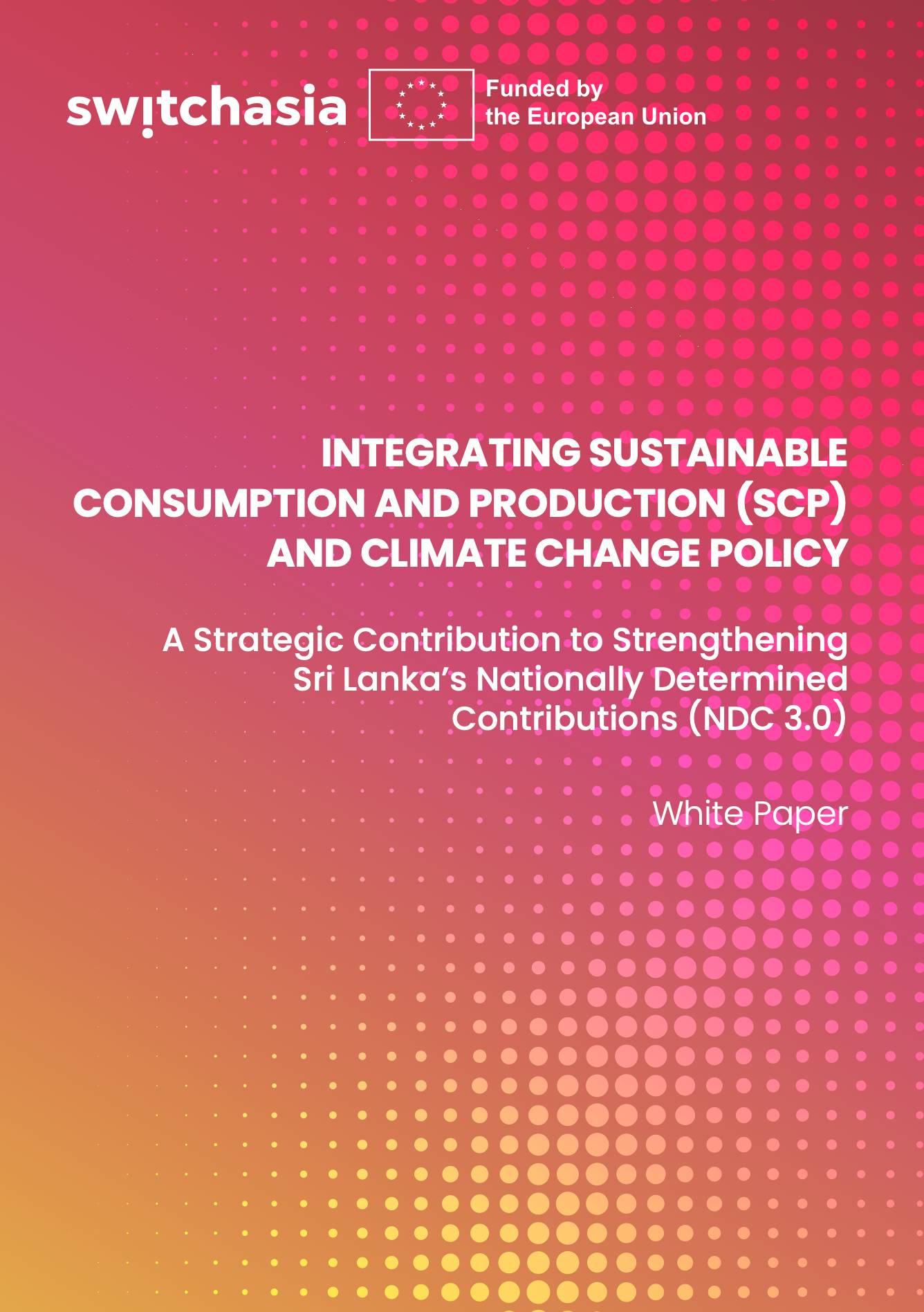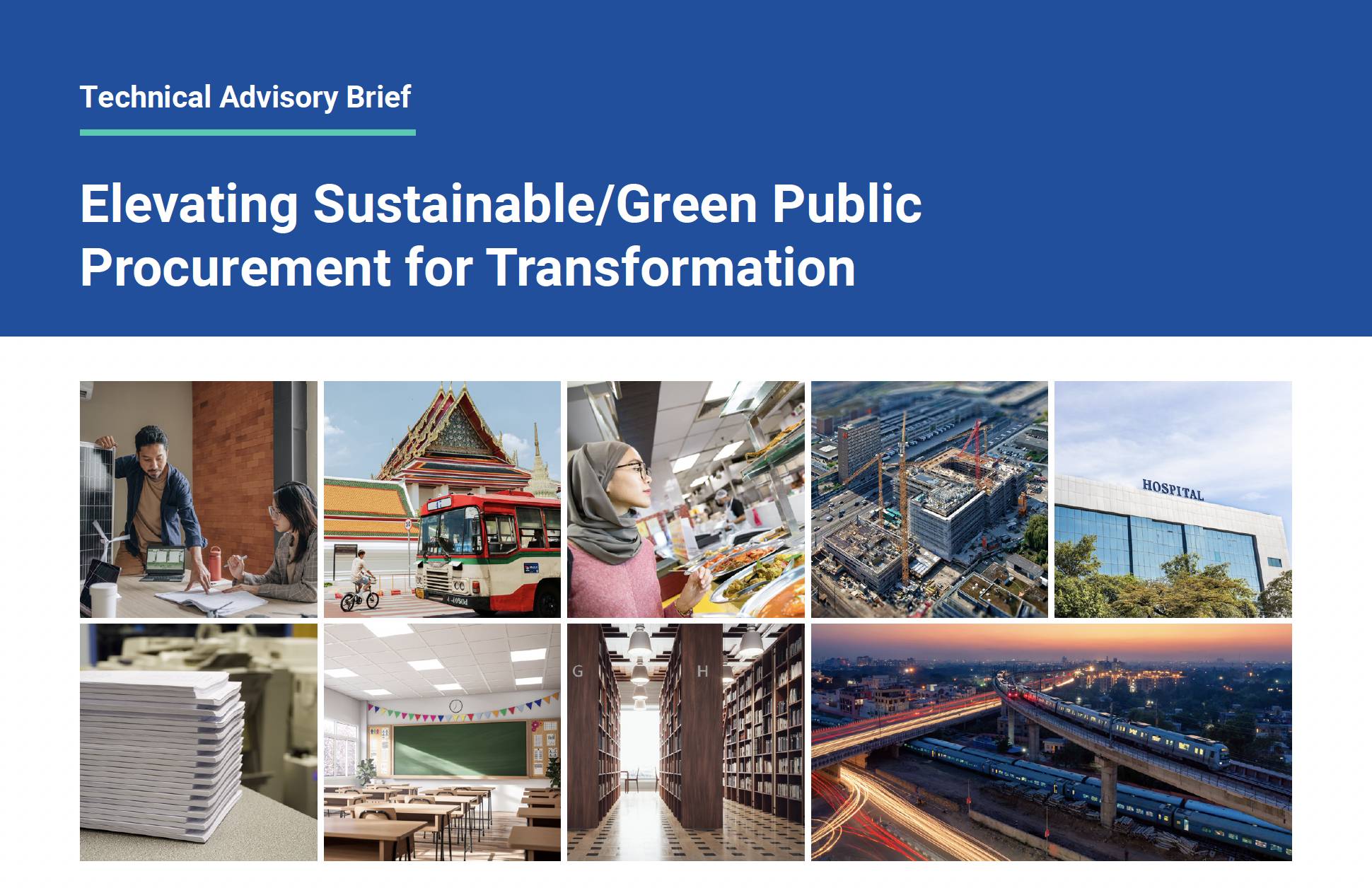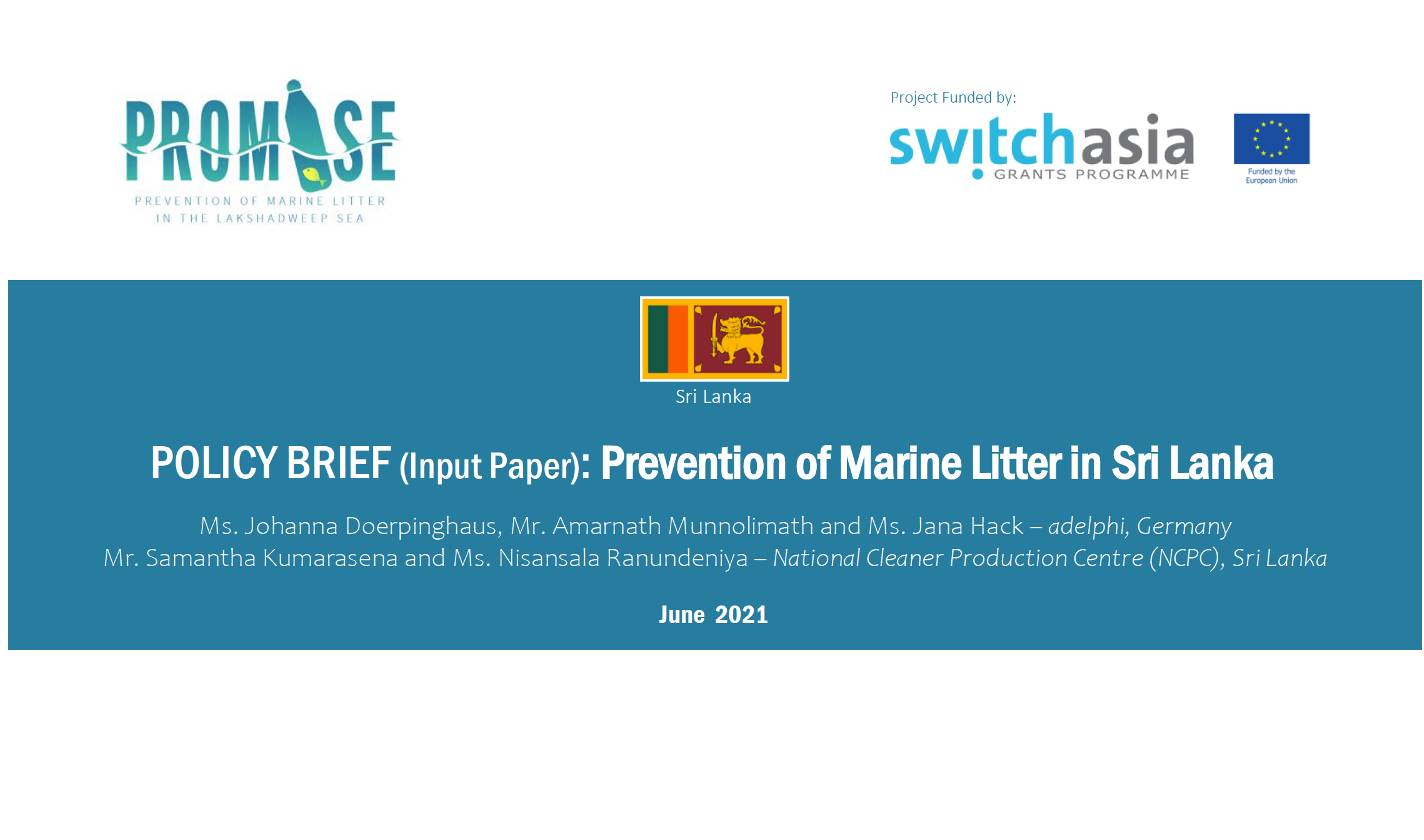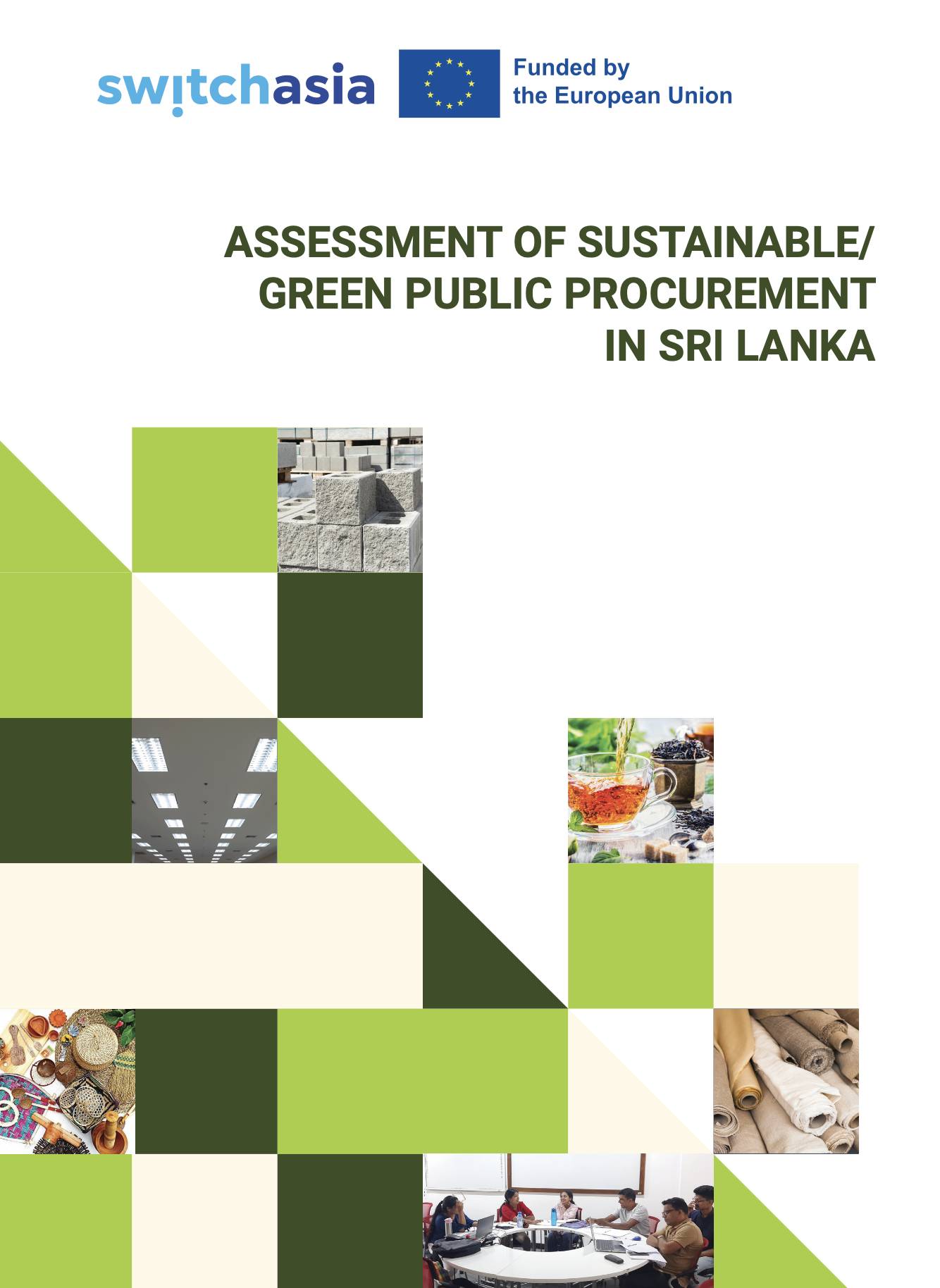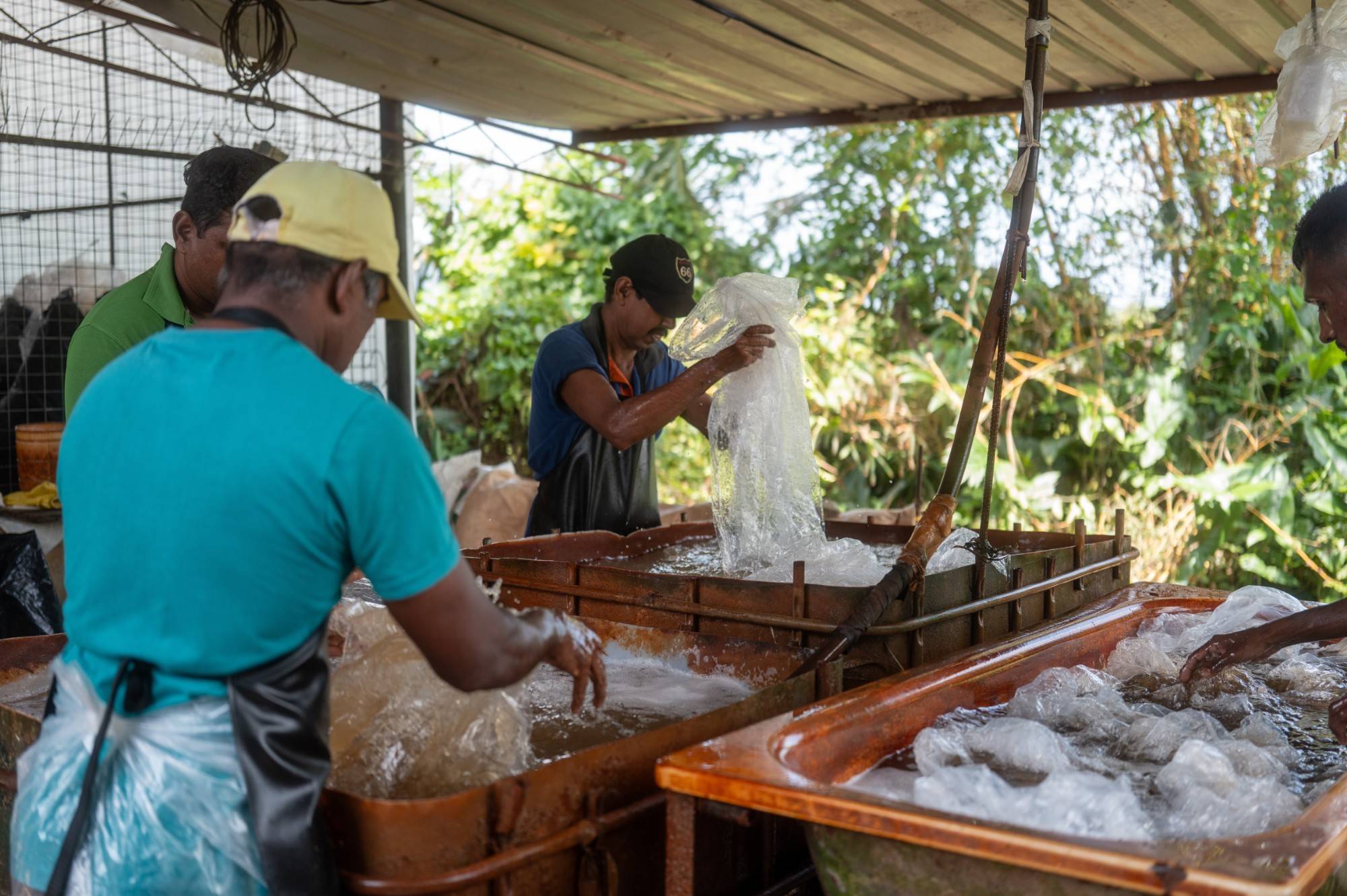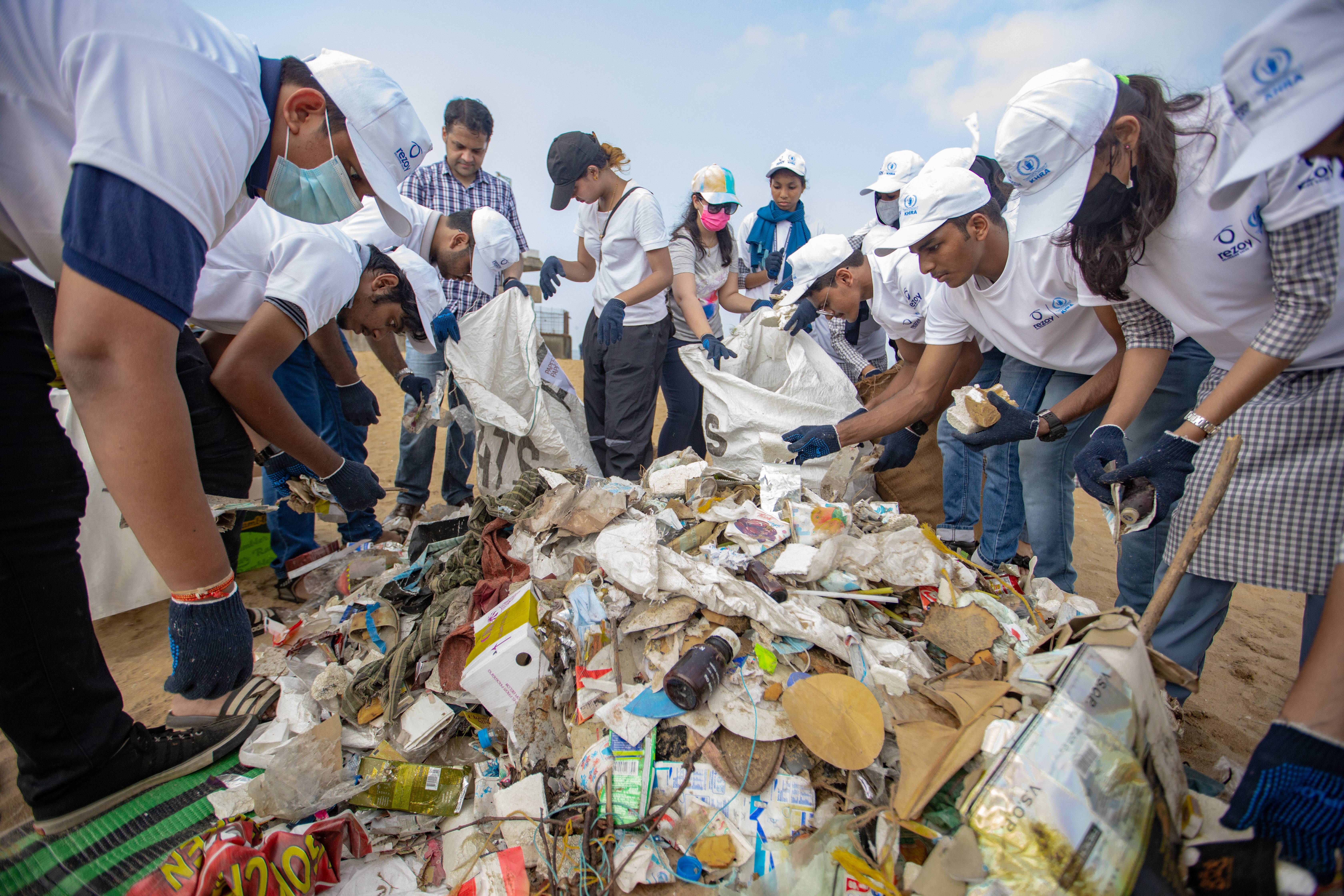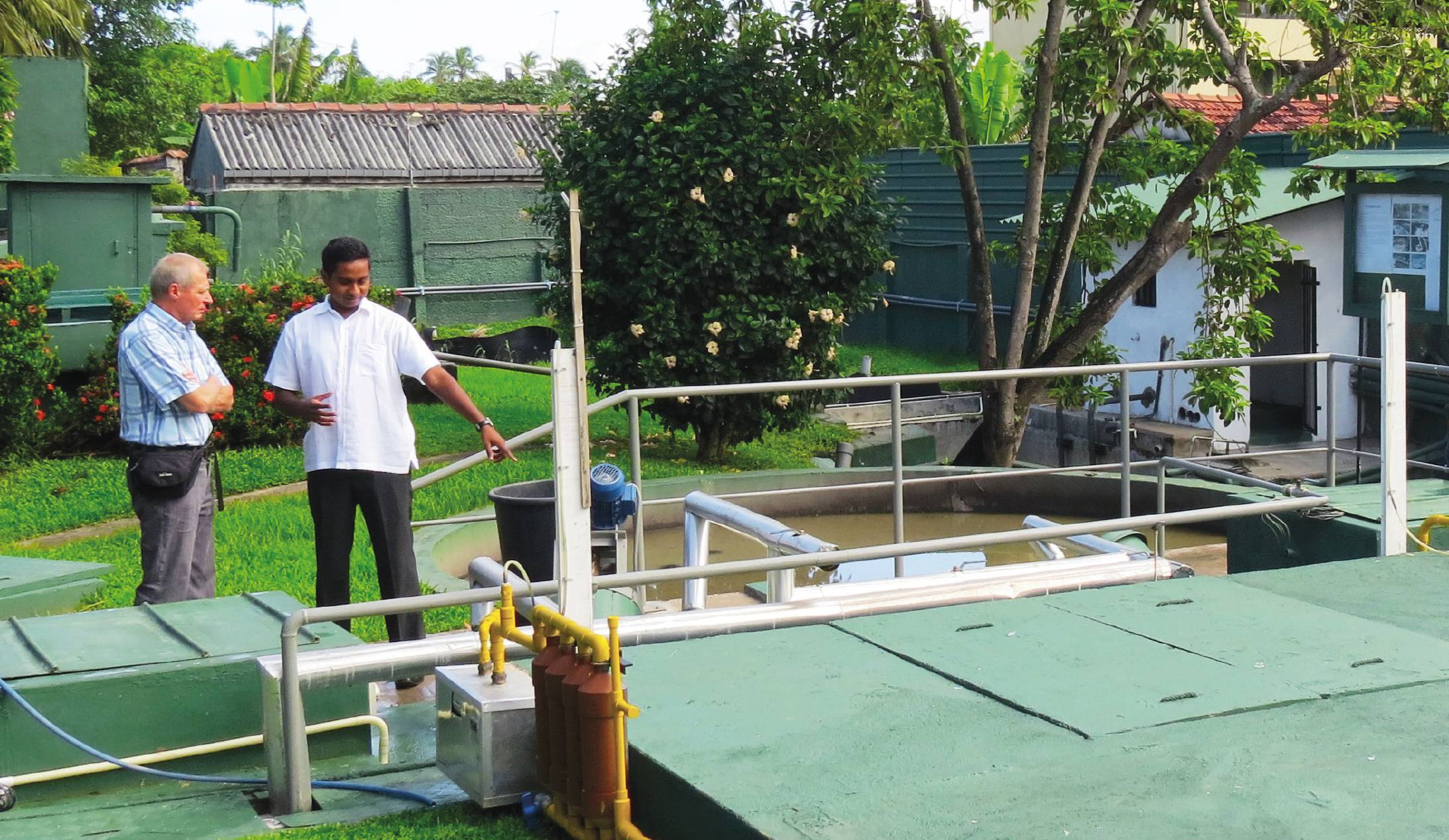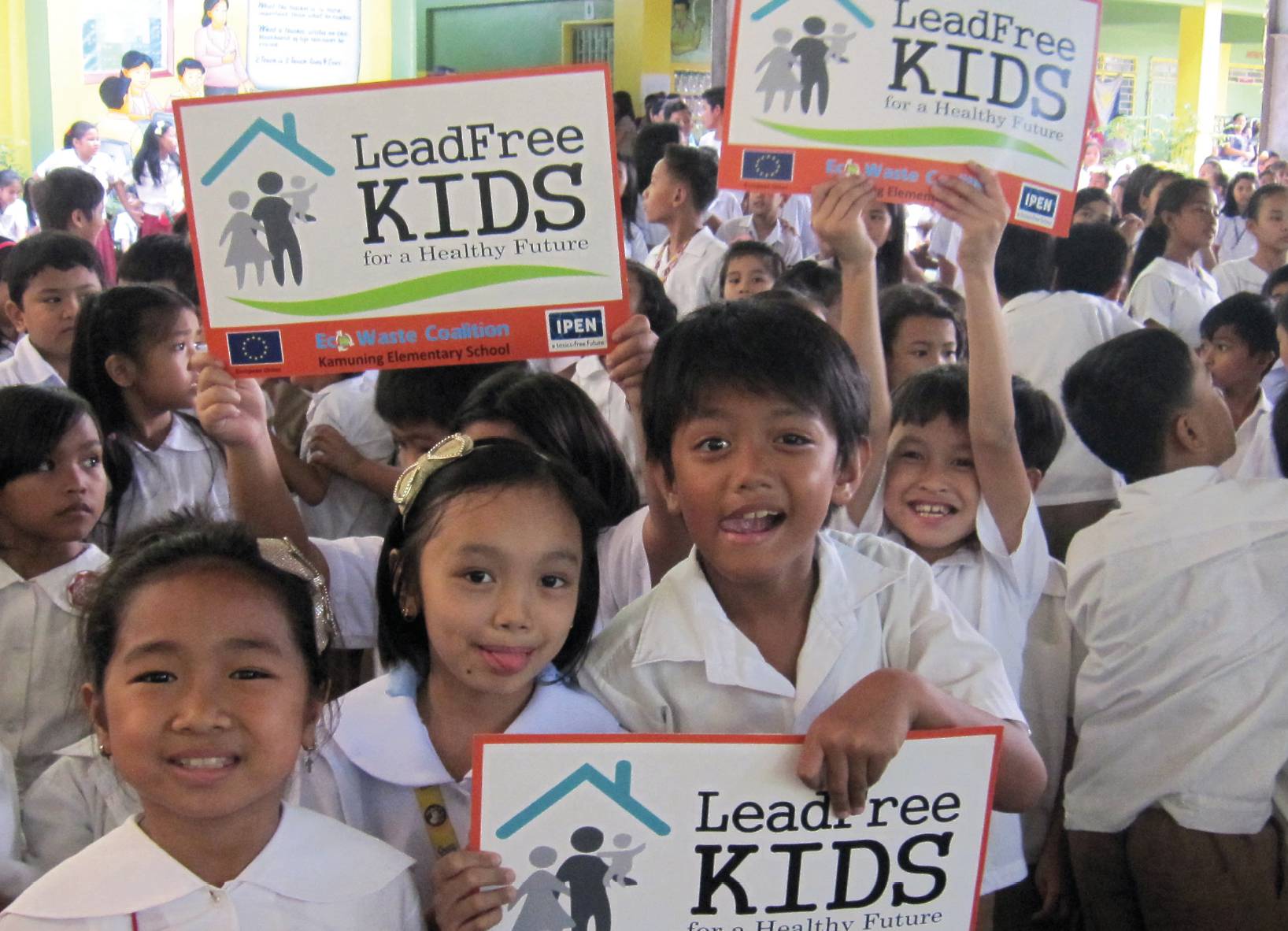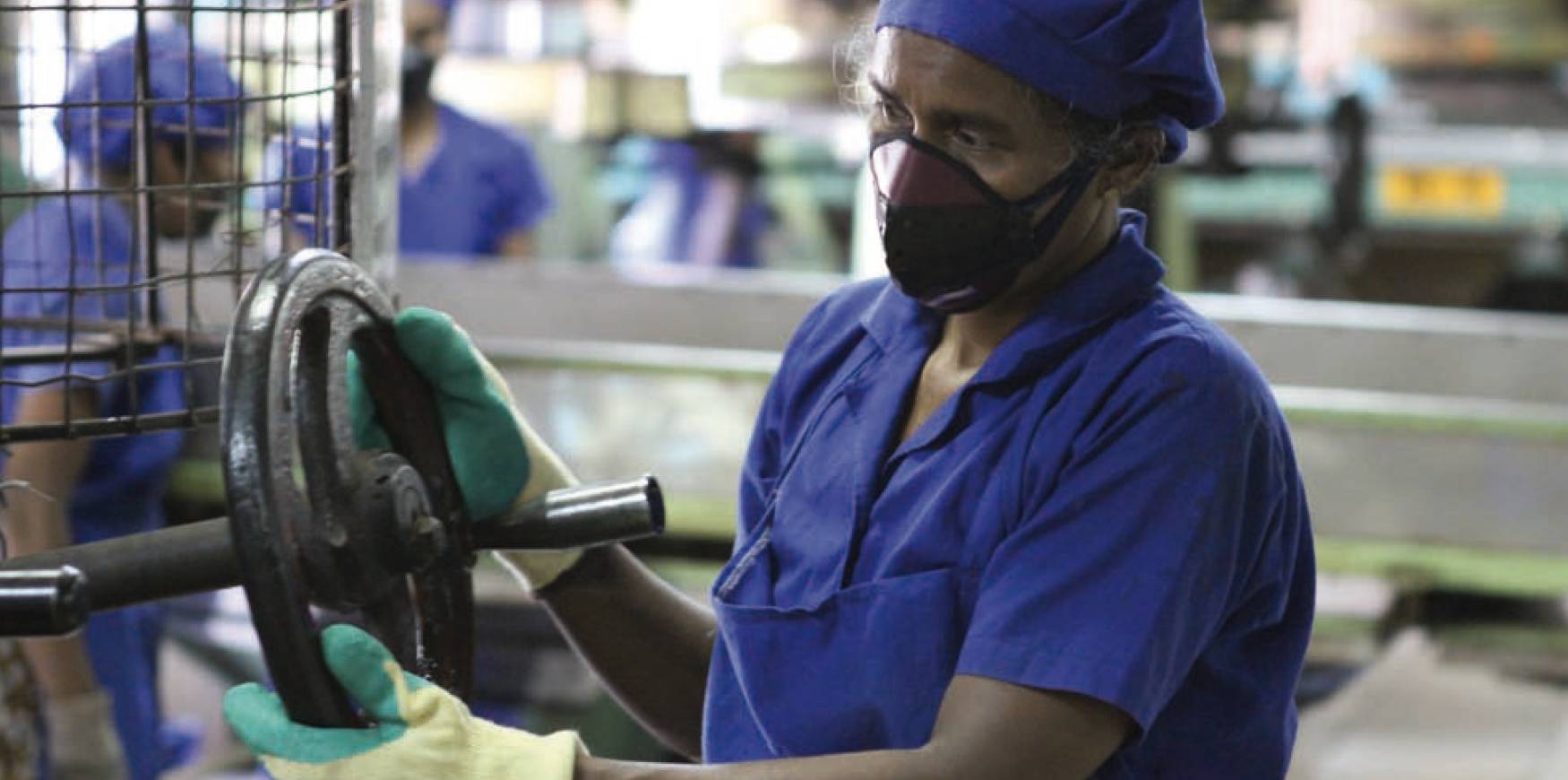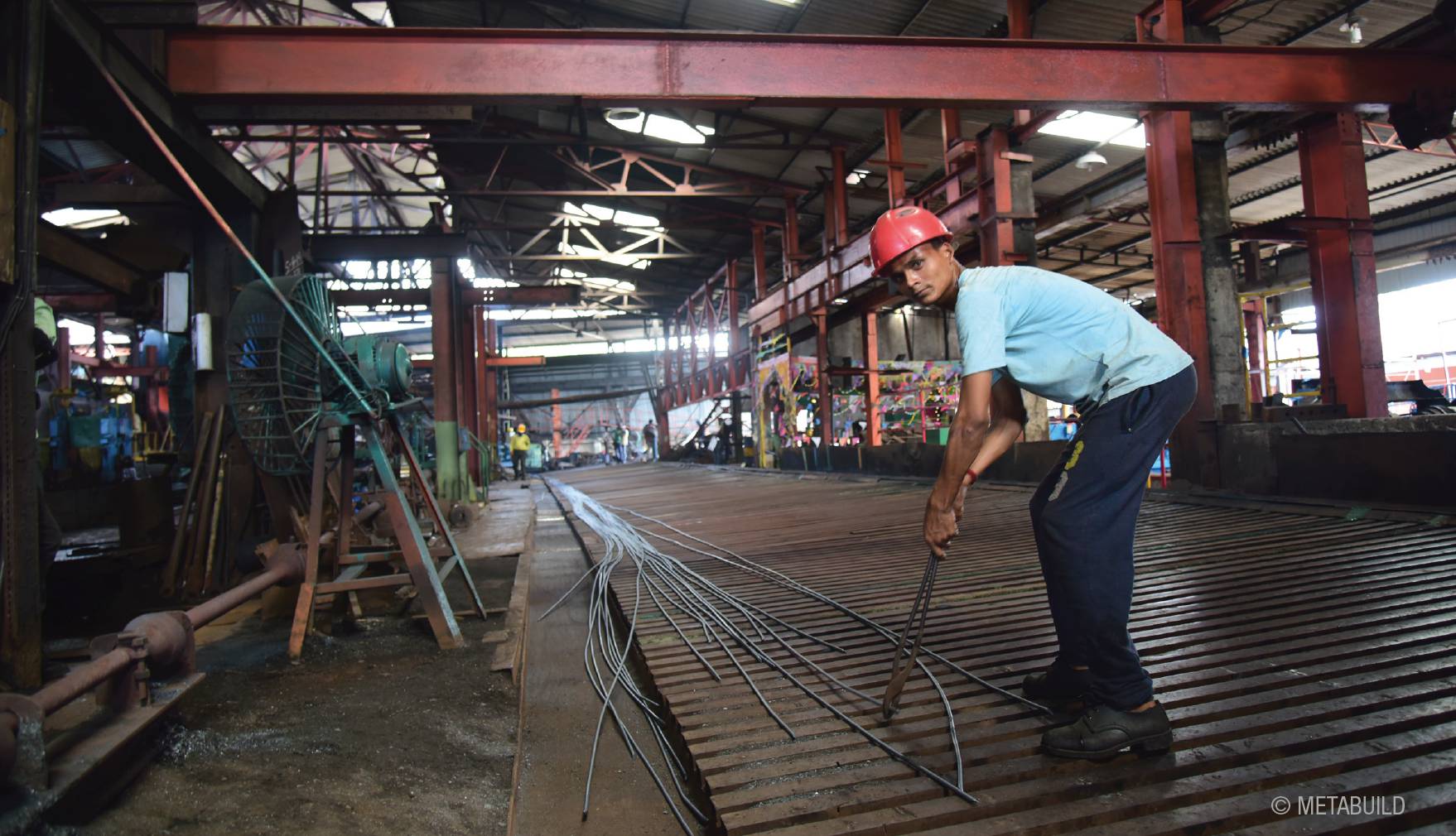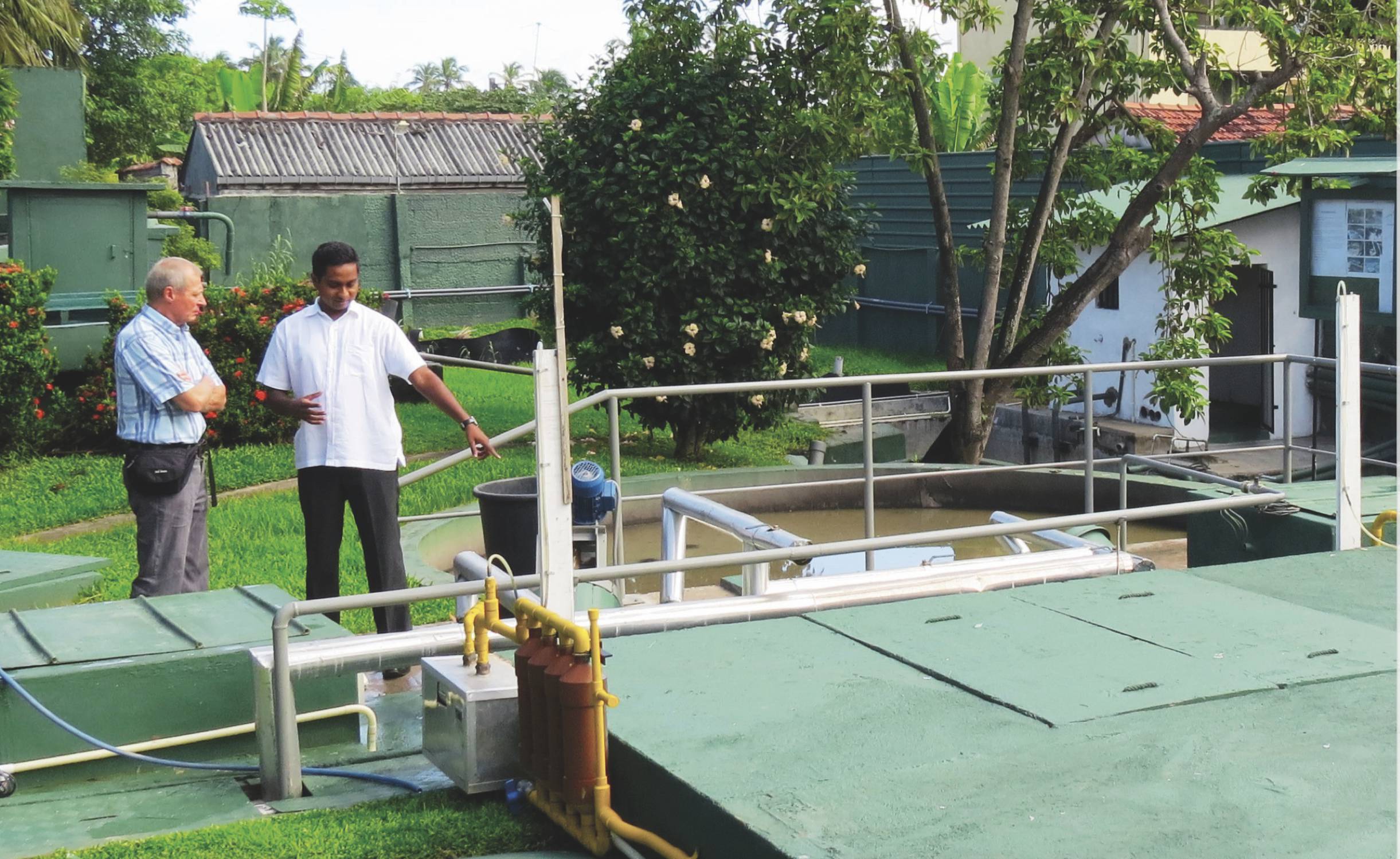
SCP Context
Sri Lanka National Context for SCP and Connection to the Global Agenda
Sri Lankan government has taken significant steps in achieving the Sustainable Development Goals (SDGs) under the Agenda 2030, including setting up a dedicated ministry and a council for Sustainable Development. Under SDG 12, Sustainable Consumption and Production (SCP) has been practiced in Sri Lanka for a long time; yet, progress has been slow due to a range of implementation challenges. Against this background, the European Union under the SWITCH-Asia program provided funding as support for a National Policy Support Component (NPSC), which was implemented from 2015 to 2019). A draft for a national policy on SCP has been developed and handed to the government for approval. Baseline data on sustainable production for the three priority sectors, i.e. tea, rice and dairy from the food and beverages industry, is made available.[1]
The project also introduced national SCP indicators, and a SCP education plan and resource pack for the university and the tertiary education system. Financial instruments for SCP are introduced and a national strategy and actions on Sustainable Public Procurement (SPP) is made available. The NPSC developed a SCP knowledge database, an e-learning platform, and conducted a number of awareness and capacity building programmes on SCP, reaching approximately 4,000 people. As a key outcome of the NPSC, a dedicated SCP cell was established at the Ministry of Mahaweli Development and Environment (MoMDE), which includes SCP focal points from further line ministries. In addition, a dedicated SCP forum (formerly known as Inter-Agency Expert Working Group) facilitates the coordination of activities across different ministries. Together, the SCP cell, the SCP focal points and the SCP forum serve as the pillars of SCP in Sri Lanka.
Challenges
- Lack of awareness on SCP and tools, which support purchasing decisions (e.g. eco labels and guidelines for SPP) poses a barrier to increasing the market penetration of sustainable goods and services. Limited availability of and access to information about the environmental performance of different products – e.g. based on Life Cycle Assessments – poses a challenge.
- Absence of appropriate incentive schemesbased on (e.g.) EPR which currently represent a novelty in the country. As a result, the industry remains reluctant to promote and implement eco-designs and further develop markets for environmentally friendly products.
- Lack of unified or harmonized classification systemsfor data sets which hampers monitoring efforts for tracking progress towards SCP.
- Policiesand governance structures related to local or regional jurisdictions are widely common and these often fail to provide adequate attention to the SCP aspectsdue to the complex structure of the governance system \ and a lack of coordination between national plans and programmes.
Opportunities
- Growing demand for green productscan be observed, which drives the need for introducing sustainable public procurement.
- Development of a SPP National Strategy and Actions, and a Draft National SPP policy under the recently concluded NPSC (January 2019)has created significant momentum, which can be further capitalized to develop a coherent and effective eco-labelling system.
- As for the operationalization and delivery of the SCP Action Plan, the identification of three priority sectors (tea, dairy and rice/paddy) provides a starting point for further actions.
- Already gained momentum created by the NPSC project and the open interest and willingness to take action on the part of the government. The draft SCP policy framework developed during the course of the project is already partially approved by the governmental bodies and the next steps for formalization are laid out.
[1]Draft Way Forward: Outcomes of the NPSC Sri Lanka under SWITCH Asia, 2019
SWITCH-Asia Activities
2018
SCP Facility
- Preliminary assessment of SCP related policies, activities, needs/gaps, and opportunities.
Regional Policy Advocacy Component (RPAC)
Facilitated the participation of Sri Lankan key-stakeholders in the following regional/ sub-regional activities:
- Asia Pacific Low Carbon Lifestyles Challenge (19-22 Mar 2018), hosted by Thailand, regional level
- Transforming Asia Pacific: Innovative Solutions, Circular Economy and Low Carbon Lifestyles (17-19 Sep 2018), hosted by Thailand, regional level
- Asian Circular Economy Leadership Academy (3-8 Dec 2018), hosted by Thailand, regional level
2019
SCP Facility
- A multi-stakeholder consultation was organised on 13 February 2019.
- A demand for support was addressed by the National Focal Point in April 2019.
- Follow-up activities will be considered in relation to outcomes of the National SCP Action Plan to be completed later this year.
Regional Policy Advocacy Component (RPAC)
Facilitated the participation of Sri Lankan key-stakeholders in the following regional/ sub-regional activities:
- “Sustainability Reporting – Thinking Circular Economy by Businesses” - This event was organised back-to-back with 2019 Asia Pacific Forum on Sustainable Development (27 Mar 2019), hosted by Thailand, regional level
- Businesses Accelerating Inclusive Green Economies – "Leaving No One Behind” - Side event on the Responsible Business and Human Rights Forum co-organised by the Royal Thai Government, OECD, United Nations Development Programme (UNDP), ESCAP, International Labour Organization (ILO) and with the participation of the UN Working Group on Business and Human Rights (11 Jun 2019), hosted by Thailand, regional level
- WEBINAR: SDG 12.1 Reporting for SWITCH-Asia Countries – Connecting the dots between actions and reporting (5 Nov 2019), regional level
- Policy Dialogue on SDG12 Reporting (21 Nov 2019), hosted by Vietnam, regional level
- 2019 SWITCH-Asia Leadership Academy on Circular Economy (2-6 Dec 2019), hosted by China, regional level
- "Supporting decision making on SCP through training on Sustainable Procurement” - This event was organised back-to-back with International Conference on Sustainable Energy and Green Technology 2019 (11 Dec 2019, hosted by Thailand, regional level
2020
Regional Policy Advocacy Component (RPAC)
Facilitated the participation of Sri Lankan key-stakeholders in the following regional/ sub-regional activities:
- SWITCH2Green Meeting (Apr 2020)- RPAC initiated the discussion and shared the first report in 2020.
- Moving the Needle on Climate Change (10 Jun 2020)– The event was co-organised by the UNESCAP as a part of the 2020 Virtual United Nations Responsible Business and Human Right Forum (RBHRF), regional level
- World Environment Day 2020 (5-7 Jun 2020)– A media kit was provided to call for action to promote SCP as a part of the 2020 World Environment Day (WED) celebration, regional level
- Intervention in regional forum: Webinar on Sustainable Lifestyles for Plastics & Packaging Waste Management During a Pandemic COVID-19 (6 Aug 2020), regional level
- SCP in Tourism: Opportunities and Challenges with COVID-19 (8 Oct 2020), regional level
- Innovation and Connectivity through Farm to Fork (13 Nov 2020), regional level
- Sustainable Lifestyles for SCP (19 Nov 2020), hosted by Thailand, regional level
- Sub-regional Workshop on SPP for SACEP Countries (25 November 2020), the event was organised in partnership with South Asia Co-operative Environment Programme (SACEP) for South Asia region, Sub-regional level
- Support to Steering Committee of SWITCH-Asia (3 Dec 2020)– RPAC provided support for the annual Steering Committee Meeting and proposed 2021 workplan, regional level
- Regional Policy Dialogue on Circular Cities (4 Dec 2020), regional level
- Regional Dialogue Driving Mechanisms for Eco-Design in Asia (9 Dec 2020), regional level
- Leadership Academy on Circular Economy 2020 (14-18 Dec 2020), regional level
- Webinar: Innovations & Startups (16 Dec 2020), regional level
2021
Regional Policy Advocacy Component (RPAC)
Facilitated the participation of Sri Lankan key-stakeholders in the following regional/ sub-regional activities:
- Contextualising the Circular Economy for Action (4 Feb 2021), regional level
- Technology for Circular Economy: A Prologue to the 2021 SWITCH-Asia Leadership Academy (25 March 2021), regional level
- Circular Economy and Sustainable Lifestyles Course (18 May 2021) – launch of offline course on SCP for policy makers and young professionals, regional level
- South Asia Policy Dialogue on the Role of Businesses in Accelerating SCP (23 March 2021) – to disseminate the findings of the RPAC Study on SCP – Stocktaking of Perspectives in South Asian Business, sub regional level
- GO4SDGs High level launch in Asia and the Pacific (21 April 2021), regional level
- World Environment Day 2021 (4 June 2021), regional level


